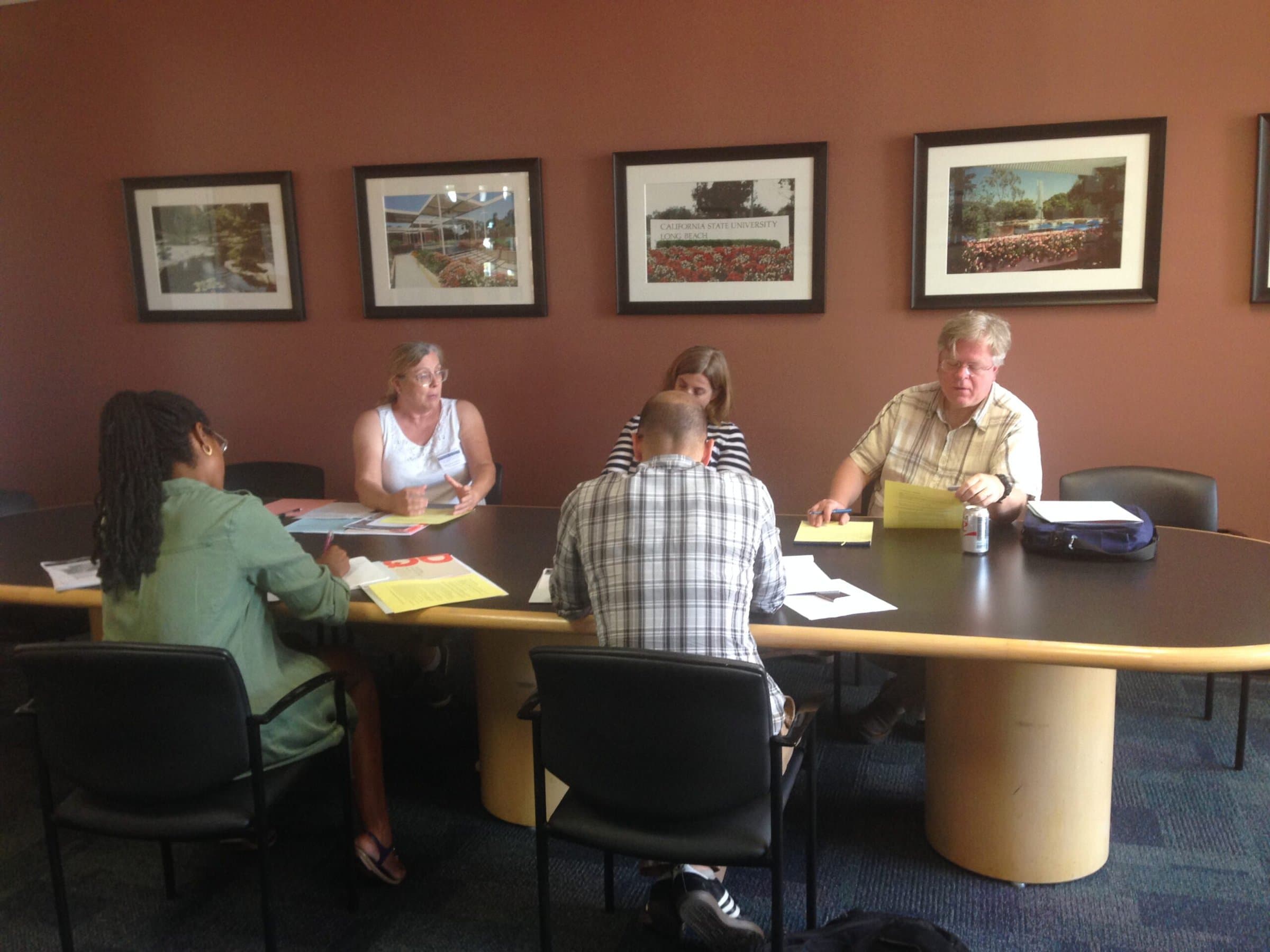What Is Tuning?
Tuning aims to equip students with clarity about the skills, understanding, and knowledge they will acquire in a given degree program. The AHA's Tuning project provides a collaborative forum and process for history faculty to articulate the core competencies of their discipline. It then tasks participating faculty members with propagating those core competencies in two directions: inward, by adapting their program requirements, courses, syllabi, and individual assignments; and outward, by promoting the value of those competencies for students and society in terms of personal development, civic engagement, and career potential.
The AHA's Tuning Project
While our grant work was designed to focus on the history major and history degrees specifically, our conversations have necessarily encompassed other concerns and goals of importance to faculty depending on their campus context. Participants have used these processes to improve assessment of student learning to reflect what we value as a discipline. Others use tuning methods to structure their reconsideration of the history curriculum for non-majors, i.e. gateway or introductory courses, or to better explain to administrators the contributions that historical study makes for students' overall educational experiences.
Through tuning, a number of participants have sought to increase the successful transfer of history students from two- to four-year institutions, or to improve recruitment of students into the history major. By empowering campus-based historians to deepen their professional connections to members of the surrounding communities, including alumni, parents, administrators, employers, and others, we also envision that our work can help to expand the pool of potential employers who value history graduates. Faculty have found that these networks let them both spread the message of what history majors learn to do and gather feedback on what graduates will be expected to do as citizens and as workers.
As a process that faculty direct and can tailor to local needs and circumstances, tuning offers us a powerful way to harmonize the usually fragmented conversation about assessment and to make that conversation useful in teaching and explaining the value of historical study. The project does not aim to standardize curricula in history, but seeks to frame common goals - and reference points for measuring progress toward those goals - for post-secondary history education.
History Discipline Core
The culmination of years of collaboration and research, this statement summarizes key skills, knowledge, and habits of mind at the core of our discipline.
Further Reading

Programs of Study
Tuning participants wrote descriptions of history degree programs across the country at different types of institutions. The profiles communicate the purpose and characteristics of each program, what students can expect to learn, and what careers graduates tend to pursue.

Learning Outcomes in History: Further Reading
Check out articles, podcast episodes, and other media on the Tuning project and its impact.

Tuning Participants
The AHA has hosted many events on the Tuning project over the past decade, with participants from all over the country.

Reconsidering the Introductory History Course
The AHA’s History Gateways initiative explores strategies for improving introductory college-level history courses to better prepare students from all backgrounds for success in a complex society.
AHA Resource Library
Check out the AHA’s Resource Library for teaching and learning resources, AHA Online recordings, professional development, and much more.